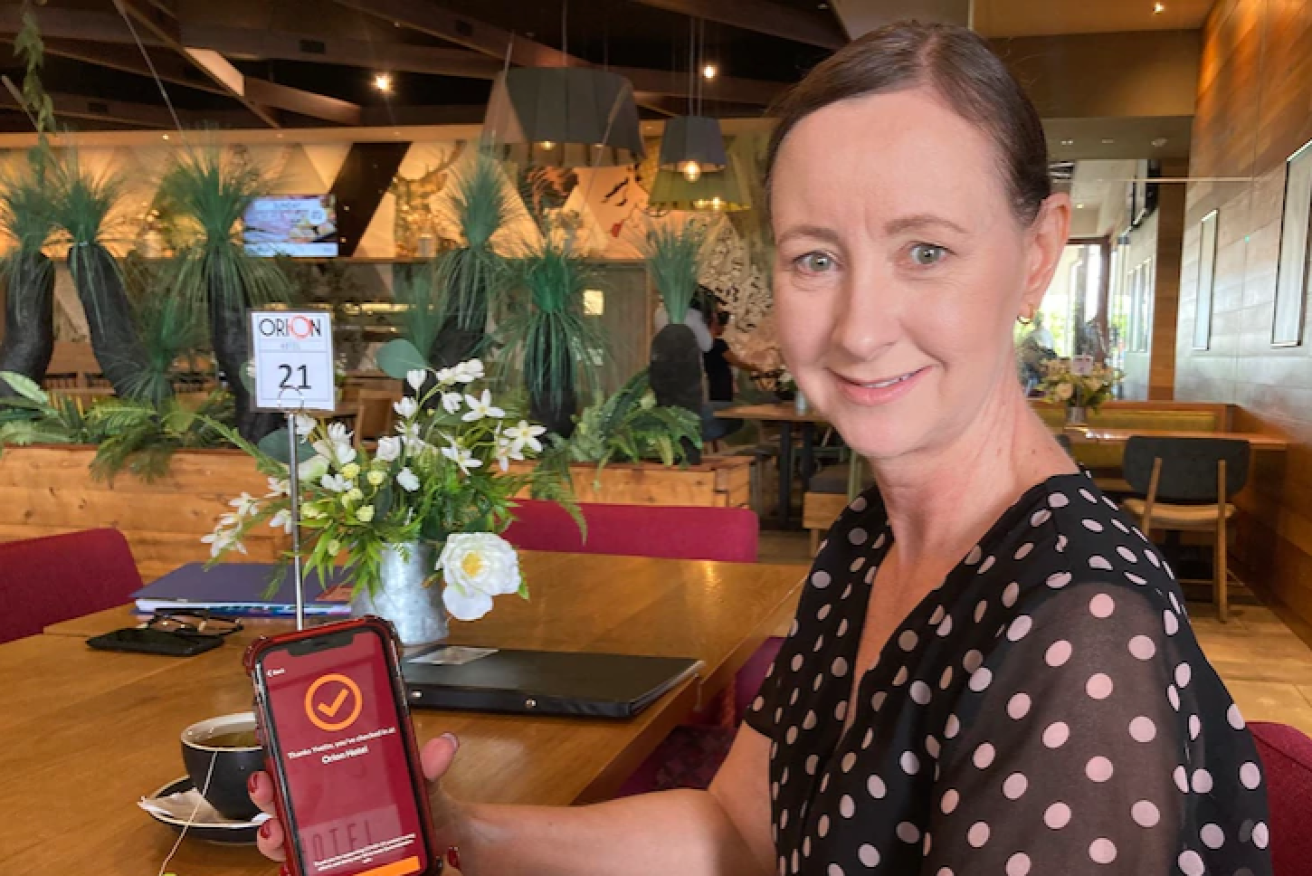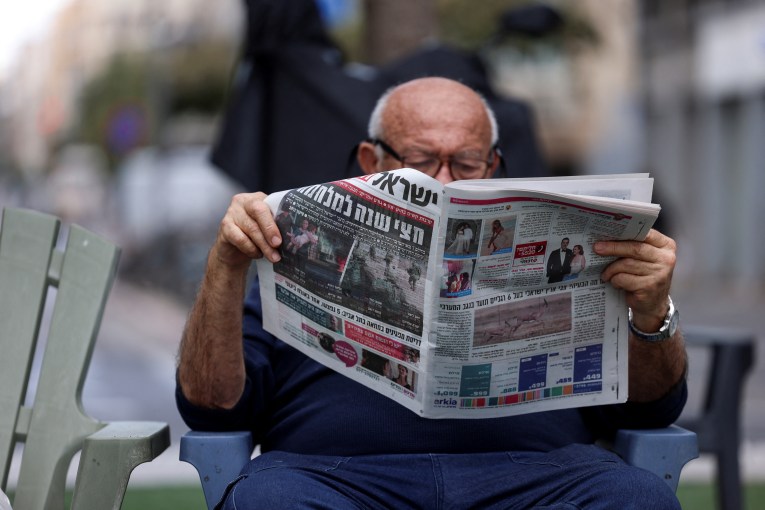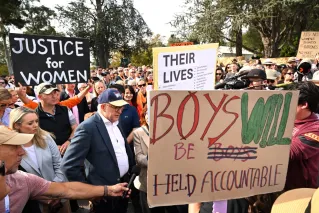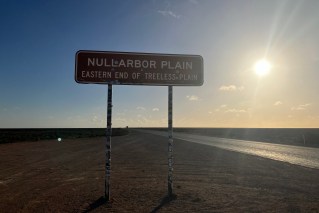Cracking the code: Why has something so simple, and so sensible, taken us so long?
Soon to be mandatory, the state government’s new QR Code app will be invaluable in preventing, and tracing, potential spread of the coronavirus. The big question is why it has taken so long, and why they aren’t in more venues, writes Dennis Atkins


Health Minister Yvette D'Ath with the government's new QR Code app (pic: Supplied)
Annastacia Palaszczuk was out at the weekend talking up Queensland’s soon-to-be-mandatory, state Covid QR app.
It’s a simple, one click entry to all hospitality sites. In just a week and a half every hospo outlet is going to need one when it becomes mandatory on May 1.
Palaszczuk says the app – which was launched on a voluntary basis at the end of February – is a game changer and its worth was apparent in the pre-Easter three day lockdown after the latest small breakout of the virus.
Yes, it is an essential and exceptionally useful way to help fight the virus we are still learning to live with. Like so many of the new things we do, it should have happened earlier – other states were setting up dedicated QR code smartphone applications by the third quarter of last year and Queensland is one of the last to the party.
The fact we’re here, getting ready to point and click when we go into cafes, restaurants, bars and other hospo venues is terrific and we should all work it out, do it and urge others to join in.
This is something that’s easy to do and can make a difference.
The big criticism that should be made of the Queensland Government while cheering the arrival of the Queensland QR code app is that it is so limited.
Your diligent reporter went on a field trip over the past week, taking in the delights of the Harvest Festival in South Australia’s Barossa Valley. It’s my home state and I was visiting siblings and relatives, most of whom I haven’t seen since 2020 was an infant.
South Australia has had widespread use of its own QR code system since before Christmas, introduced about the time of the Parafield cluster which sent the state into a transitory panic.
Before going to SA you’re asked to download the QR app and register. The first you encounter the system is when you arrive – at the airport the arrival hall was festooned with pop-up check in posts monitored by hi-viz wearing assistants and police. You have to check in to get in. We should do this in Queensland.
From the airport on you check in wherever you go – whether it’s a coffee shop, a supermarket, a clothing store, hardware or any other facility or public space.
During the Barossa Festival there were plenty of major outdoor events such as the famous Goat Market auction in Tanunda and the big harvest parade which trundles along the main streets and roads in between.
At these events you are asked to check in – during the parade Covid-marshals walked along asking if people had scanned their code apps. Compliance to this reporter’s eye was at about 99 percent. Even the “smartphone-challenged” were able to in by filling out paper checks.
It really is not much of an imposition and if it’s done community wide, it offers maximum coverage which can be vital in tracking and tracing people’s movements.
The time saved by using this kind of technology not only saves plenty of time that would otherwise be consumed by workers in the state health departments, emergency services and other agencies but, as we know, prevents the spread of the disease and possible death.
New South Wales is often held up as the “gold standard” in tackling Covid outbreaks but South Australia and Queensland can claim at least equal billing. There’s no doubt the northern beaches lockdown in Sydney was longer than it needed to be because it was not strict enough and wasn’t imposed quickly enough.
The health and economic response to Covid has to always start with the old government refrain: go hard, go early and go households and businesses.
Queensland should reach higher in the rolling out of the QR code apps – take them community-wide and have a consistent set of rules, backed with marshals at all events, major facilities and gatherings.
There really is no reason to be cautious. We are fighting a global pandemic that’s not going away quickly and is producing variants at an alarming rate – the latest reports out of India, where the virus is now more prevalent than at any time, is there are 4500 variants of the virus as it was originally mapped 15 months ago.
Most of these new variants are nothing to alarm epidemiologists but every one has the potential to be the next nightmare.
At the same time, we never know when a completely new pandemic, featuring a new virus from a new hidden location, might emerge. We weren’t prepared for this one – we should be doing everything to prepare for the next one.
We have to understand and accept that it’s coming This means we are going to have to live with much of the Covid-safe features of modern life. The alternative is to let our guard down, show alarm when the next virus comes along and then scale back up all that we’ve put to the side.
One way the government could achieve greater acceptance of these kinds of measures is to reward people for what’s already been achieved and there’s no better place to start than live music.Why live music still has restricted capacity limits while sporting fixtures and live theatre don’t is a puzzle within a puzzle. It’s just silly.












